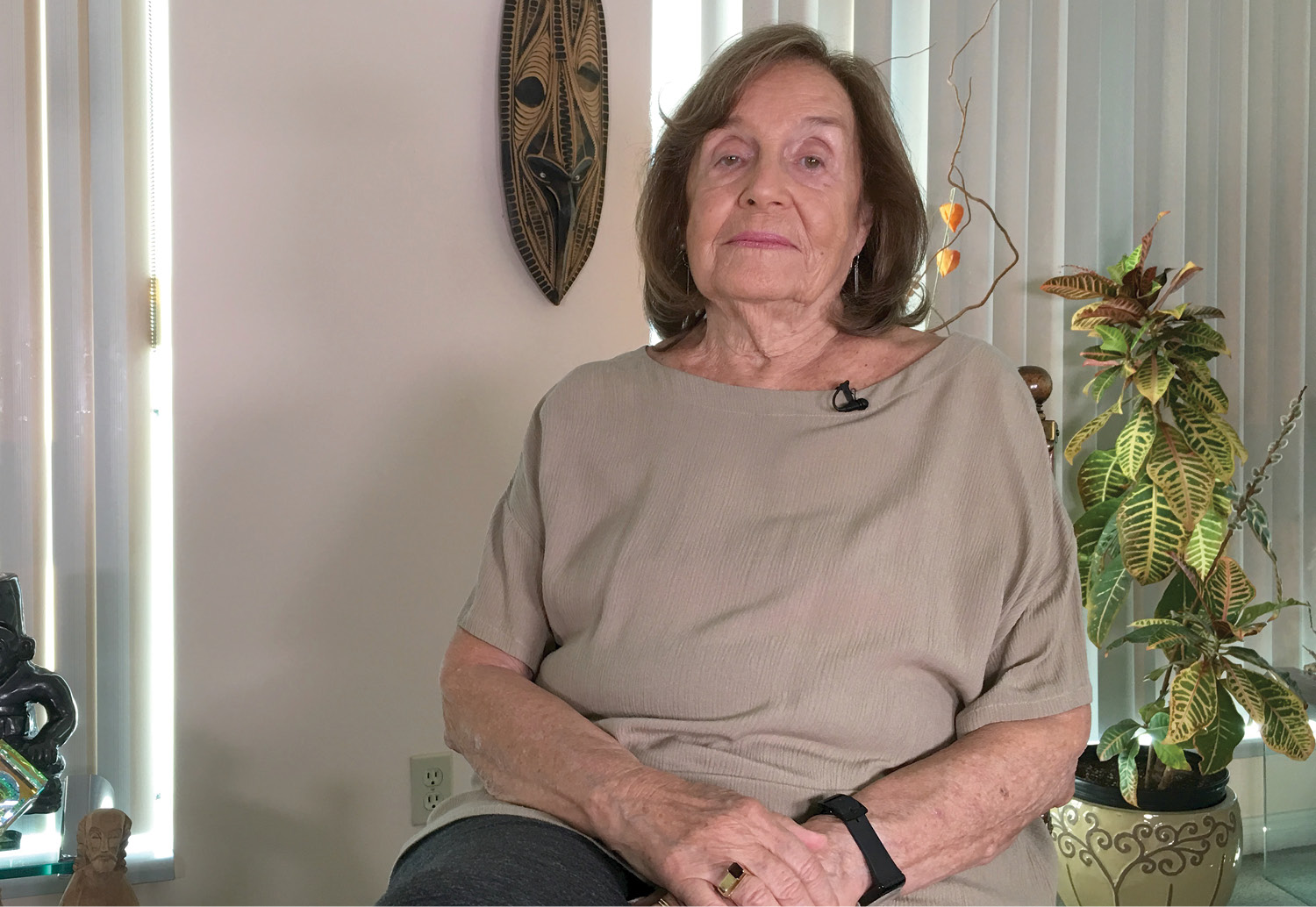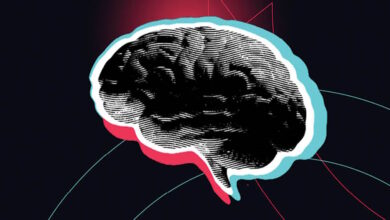“There’s racism in every country, sometimes the targets of dislike or even hate are different”
Frances Henry is the pioneer of racism and anti-racism studies in Canada. Milénio Stadium had the opportunity to interview her and get to know her thoughts about Justin Trudeau’s blackface photo that became viral in the past few weeks around the world.

Milénio Stadium: When did you decide to study racism and anti-racism in Canada?
Frances Henry: I did the first study of racism in Canada in 1974 and it was a very simple study: we asked people how they felt about certain categories of people, including racialized groups. Some people were very progressive, and quite a number of people expressed negative and even hostile feelings and thoughts about people that were different than themselves. Racism was not on the agenda at that time and the results were not received very well in terms of society’s reception. “Oh, no! Canada is not a racist country, that won’t happen here, that’s the United States”. We had a lot of criticism and denial that Canada is not racist. In the face of a great deal of historical and present evidences that indeed it was. The more research that some of my colleagues and I did, the more we realized there are elements of racism. But there’s racism in every country, sometimes the targets of dislike or even hate are different.
MS: Did you ever feel racism in your skin?
FH: What I experienced was anti-Semitism, as being Jewish in German, where I was born, having to leave the country and emigrated. I think that made me sensitive to this area when people are defined as different and not only as different but as inferior, as unequal. There is inequality in most modern societies, if not all of them. I’m sure that my early background escaping from Nazi Germany as something to do with my research interest in racism.
MS: Right now, racism is again on the agenda because of the popular blackface photo of the Liberal leader, Justin Trudeau. What do you think about that?
FH: This incident happened years ago, he was a young 29 year old man. He grew up in a privileged environment giving his family a social status and of course his father status, and so on. He was not aware that having a brown face was a negative and racist thing to do. At that time nobody really knew that there was racism except for the victims of it. What he did shows us that he was a product of his time, of his social class and of society. Should he be blamed for that? In my opinion no. I think he was totally unaware of what he was doing. I feel sorry that this emerged particularly before an election, which is very distressing because it made me think he may even lose the election. Not because of his political instances but because of some silly pranks he performed when he was a young man. The media grabbed all of this and made it a sensational piece of news but most of them didn’t really take the time to understand how it really happened. Journalists don’t do a deeper analysis, they skim the service lightly, and of course it was really emphasized by his political competition, for them he is really an ice cream cone. I hope it doesn’t interfere with people deciding to not vote Liberal…
MS: How can we build an anti-racist country? Is it possible?
FH: One of the main difficulties in Canada in respect to racism is the historical problem of our Indigenous population. Much of what you read about it or hear about racism is directed to immigrant people or ethnic origin, particularly people of color who are not white but what is often lost in these discussions is the history of discrimination against Indigenous people which occurred in this country not only in taking over the land and territory but in settlements that Indigenous people were put on under harsh weather conditions in bad soil, bad land, where they couldn’t grow very much and of course the residential schools and brainwashing out of their own cultural environment. This historical act that took place in Canadian history has led now to a population of people with the highest levels of poverty. Besides that, there is mental and physical illnesses of aberrations such us drunkenness, drug addiction, and so on. Severe and mental health problems and all this comes from a history of discrimination. The historical past of Canadians always has to be viewed from that lens. Now in addition, Canada has received, as you are aware, an immigrant population from Europe and elsewhere. these are not necessarily people of color. They speak a different language, not necessarily English. They face the problems that all immigrants faced, of adjustment to a new culture, a new language, new living, and so on. It’s only until the second or third generation that those people generally pick up and become more mobile with education, employment and out of poverty.
MS: Are you concerned with Bill 21 in Quebec?
FH: I consider it a very racist law and it shows a lack of concern and sensitivity to people who are different, who may speak differently, who are of non-Christian religions. It is vastly discriminatory but, on the other hand, it’s not part of the law of that province. I think many people are against it so it’s difficult when a government is able to persuade its population voting for something like that. The reason behind it is that there is support for something of this nature, otherwise it wouldn’t even have been attempted. There is a fear of difference on all levels – cultural, ethnic and racial in Quebec – that is a thread of that which runs through Quebec society.
MS: Canadians are still open to immigrants and refugees or not anymore?
FH: I guess you have to look at different ways from the legislative governmental point of view – what sort of laws do we have at present that allow or not allow people to come to this country. On the whole, it is fairly generous and as far as legislation is concerned there are many countries in the world that don’t have as easy immigration as Canada does. I am not saying it is really easy, but it is easier than some others, it is easier than America. The USA has some very rigid immigration procedures, far more than ours. On the other hand, in Europe you have both: some countries want to open the borders while some others want to close it. There is a large percentage of Canadians who are open to immigrants and refugees, to give people an advantage they can’t achieve back home. However, there is also a similar large population who are close-minded, particularly now they think there is enough people who came. I wouldn’t say it was half and half, but there are more people that support entry.
Looking at Toronto, which is the most diverse city in the world, is a good thing. The problems emerge when racism comes in and denies these newly arrived people equal access to employment or to education.
MS: What is the “The Colour of Democracy- Racism in Canadian Society”?
FH: That’s a title of a textbook that I wrote with my colleague, Carol Tator. We got through four editions, I believe, and it goes chapter by chapter in all the major institutions of society. The book shows that there is institutional racism against racialized people in Canada at all levels- crime, employment, housing and education. One of the most recent books that we published is The Equity Myth, showing that there is racism in university which is supposed to be a place of intellectual activity and knowledge.
MS: What are the most dangerous faces of racism?
FH: That can be answered in a lot of different ways. Over physical acts, for example, there are fewer of those now than there were, that is, actual physical attacks against people and their property. Today it is more visible in education and employment. Generally, things change in the second and the third generation if you are white because people are evaluated based on the color of their skin. In the 90’s I did a study, titled “Who Gets the Work?”, that shows racial discrimination in employment. The study involved people going out with similar qualifications, but more white people were recruited than people of color.
MS: Non-gender is now a popular concept. Do you believe that one day race won’t be as important anymore?
FH: A lot of racism has economic bases, the relationship between racism and poverty is very strong. As long has you have an equal society and as long as you have people who are defined as different, not only by their racial or ethnic status, but by their class status, or if they are poor, or if they are not working, and so on, that level of inequality will always exist in a capitalist society. I personally don’t believe that racism can be totally eradicated in society, it can be managed, controlled, and that’s when good government comes in with powerful legislation. Canada has an excellent record on anti-discriminatory legislation, the human rights code and all of those things that exist. It would be nice to think that the future would be racist free, but I don’t think so. However, it might be possible under ideal socialism, not in the way socialism has been practiced until now, but if you look at the theory of socialism, it is really based on equality. If it were to happen in a truly socialist country, it would have occurred in Cuba or Russia.
MS: You specialized in Caribbean Diaspora in Canada. The problems that this ethnic group faces here are similar to other ethnic groups like Portuguese, for example?
FH: There is an important connection because of the study I did, that found that ethnic and racial communities do not obtain, certainly in Toronto, always demonstrate that the bottom of the list in employment and income are blacks and Portuguese. These two groups also don’t do well in education. I believe that the Portuguese community is very tightly knit, and they haven’t made as much progress in comparison with other communities, certainly comparing with the Chinese, for example.
MS: Hate crimes in Canada have gone down for the first time in five years. Do you think that people are afraid to report crimes?
FH: Maybe people are hesitant, but I think that we have very strong anti-speech legislation which has a strong impact on numbers and statistics. That is certainly true if you look at the hate crimes and hate speech against the Muslims, for example, a real target population. Every time there is a Muslim incident in the world, it doesn’t need to be here, the hate comes up. We have seen an increase of gun violence, increase of serious acts, physical violence against people, and the numbers aren’t big, but they’re there. Statistics Canada has their way to collect data based in reported incidents and that data doesn’t really represents the reality. Usually it comes from what it has been collected by police data.








Redes Sociais - Comentários